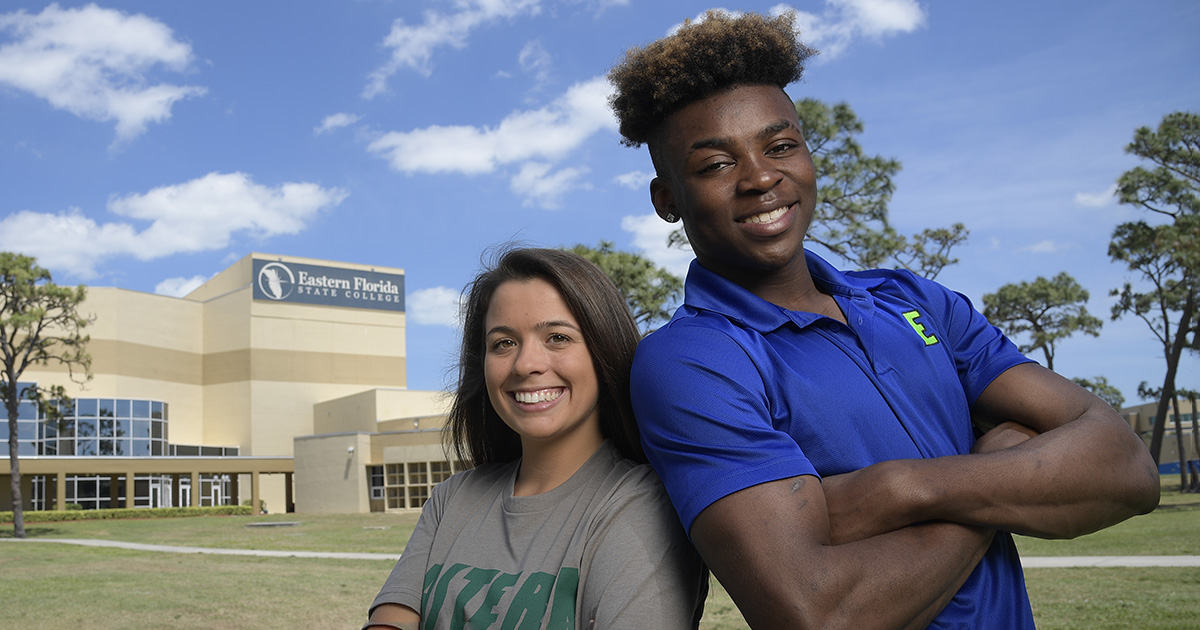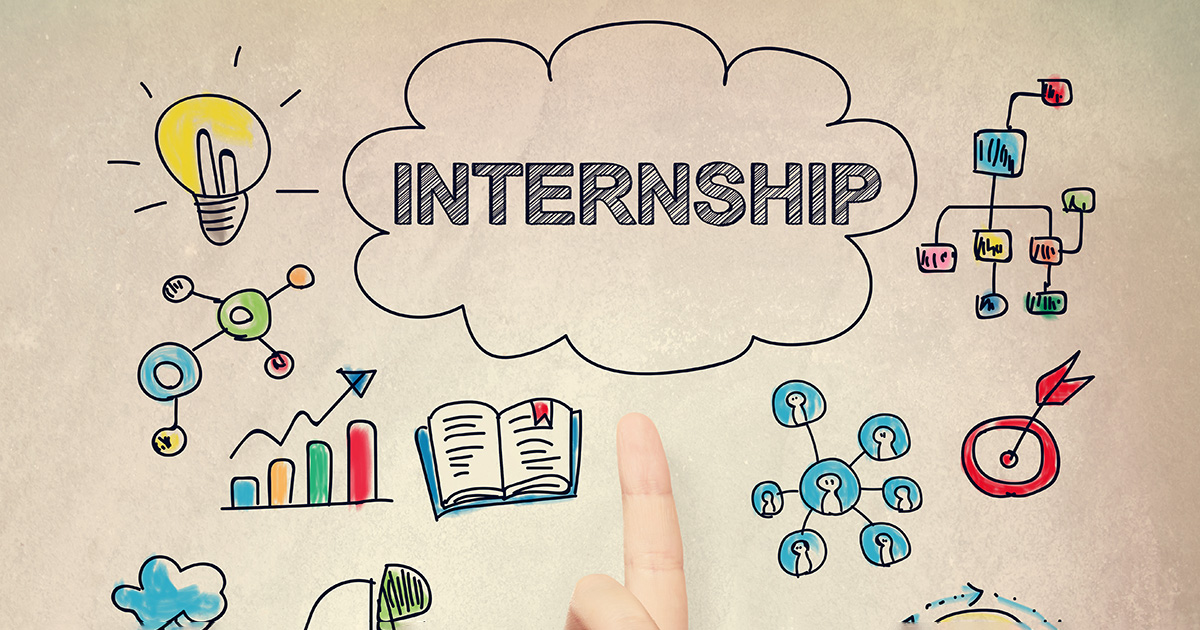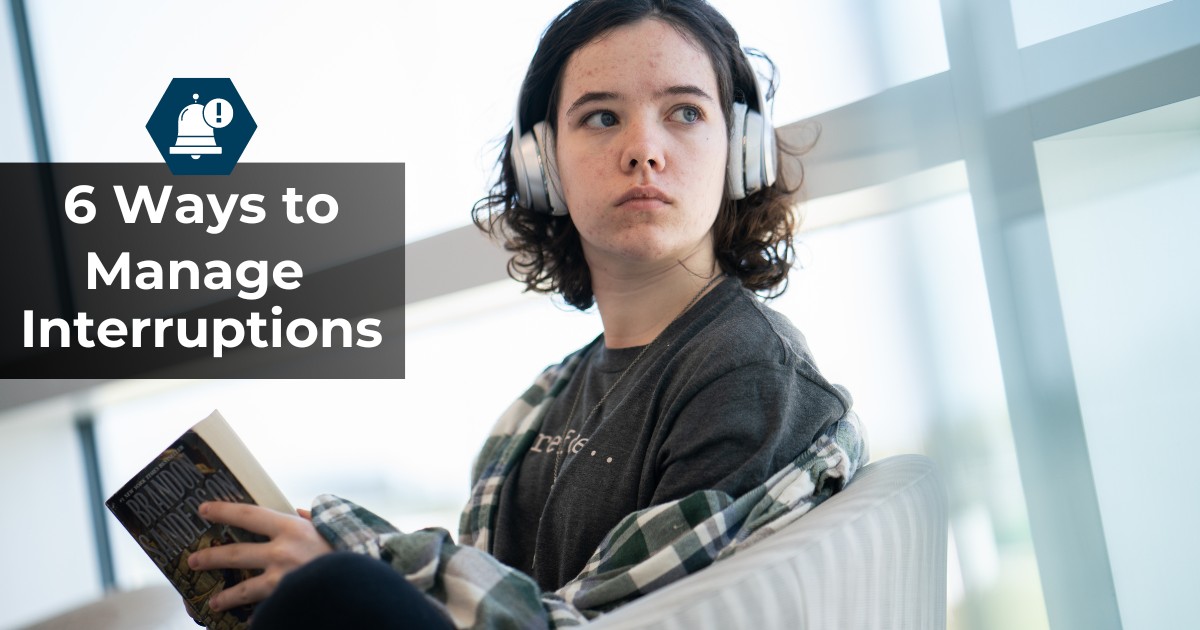What you wear is an extension of yourself — a way to send a message to everyone around you about what type of person you are. When you wear a t-shirt with your favorite sports team, you metaphorically shout to others, “I’m a proud fan!” When you wear the latest TikTok fashion, you tell others you’re trendy and in the know.
At an interview or job fair, wearing the right message can be critical in getting the job. Interviewers consider your clothing and how you present yourself when making their final decision. But what exactly does it mean to dress professionally? And how can you choose the right outfit for your interview or a job fair?
Here are the Career Center’s top 10 tips for dressing for success:
1. Keep the Focus on You (Not What You’re Wearing)
If your outfit outshines your personality, it’s too loud! We’ll break down what exactly this looks like in the points below. For now, remember that your clothes should look professional but not like you’re about to strut a runway show. An interview isn’t the time to be overly expressive with your sense of style (unless the employer is in that industry!). An interview is first and foremost meant to be a conversation between a business and a potential employee. Stay focused on the purpose of the conversation, and dress for both comfort and to make a professional impression.
2. Follow the Guidelines (Formal Isn’t Always Best)
You might think of a suit and tie or a formal dress when you think of interview-style clothes. But did you know some interviewers don’t want you to wear formal business clothes? Read the interview instructions carefully. Some may ask you to wear a polo or dress how you would if you were planning to come to work (wearing scrubs, manual labor attire, etc.). When in doubt, you can always contact the HR department and ask what clothing style is preferred for your upcoming interview. With that said, most interviewers will expect professional business clothes.
3. Make Sure It Fits
Even if you’re wearing the most professional blazer, jacket, or slacks you own, if they’re too big or too small, it will impact your first impression. If you haven’t tried on those formal clothes in your closet for a few years, test them before you put them on the morning of your interview! In addition to negatively influencing your visual image, clothing that doesn’t fit properly will also affect your comfort and mobility. You don’t want to be fussing with your clothes throughout the interview. Wear something professional but comfortable so that 100% of your energy is focused where it should be: on the interviewer.
4. De-Wrinkle
Do your slacks have conspicuous lines creased into them? Is your dress shirt crumpled? To make a clean first impression, ensure your clothes are wrinkle-free the day you wear them. Break out your iron or steamer, or let your clothes tumble around in your dryer on the wrinkle-care setting. You can also take your clothes to the dry cleaner’s if you don’t have access to the previous methods. Whatever you do, just ensure your clothes are neatly pressed and presentable.
5. Go With Slacks, Not Jeans
They might be comfortable, but jeans are too casual for a job interview (unless the interview guidelines explicitly ask you to wear them!). This goes double if your jeans are torn. Instead of jeans, stick with slacks and other formal, nicely pressed pants or a formal skirt or dress.
6. Avoid Strong Scents
While cologne or perfume might seem professional, it’s better not to wear any (but deodorant is a big yes, always!). People have different sensitivities (and even allergies!) to certain scents. You don’t want to give your interviewer an allergy attack during the process. Remember: You want the interviewer to remember how you presented yourself and what you said, not how you smelled.
7. Go Light on the Jewelry
Like perfume or cologne, jewelry can be a distraction. Bracelets and rings can clank against the table, and earrings or necklaces can distract from your overall presentation. Know the company culture you are interviewing with, and wear jewelry accordingly. Keeping jewelry simple and classy is always a safe option, such as a watch or smaller-sized earrings.
8. Formal and Conservative Is a Safe Bet
Much depends upon workplace culture, but simple, plain, conservative attire is the most neutral option for an interview. The less skin is shown, the more professional you appear. That means no shorts, flip-flops, plunging necklines, open collars, bare midriffs, or torn clothing. Avoid brand names, logos, t-shirts, and ball caps. Bright colors can look very attractive but be mindful of patterns. Once again, you want the focus on you, and not what you’re wearing!
9. Check the Company Culture and Call HR to Determine the Right Style
Just as you’d dress differently going to Disney or the beach than to a wedding or formal dinner, each company that interviews you will have a unique culture — its way of expressing itself. How you dress is one way to show you’ll fit right in with other employees and the workplace vibe. Check the company website (or visit the company building if it’s convenient and appropriate). How are the employees dressed? If you’ve ever visited a Hot Topic, Gamestop, or JCPenny’s, you’ll notice the employees dress very differently at each one. If you’re unsure, you can also call HR and ask what would be considered appropriate attire for your interview.
10. Use the Titan2Titan Clothing Closet
Do you have an interview coming up, but no professional clothing? The Titan2Titan Clothing Closet is a free resource you can use — and it’s filled to the brim with formal business clothes in all colors and sizes. Contact your closest Office of Student Life to get access and choose sets of clothes to keep!
Ready To Dress for Success?
If you have questions about what to wear to your upcoming interview, want a professional opinion on your interview clothes, or need formal attire, contact your campus Career Center today. We’re here to ensure you feel confident, prepared, and professional when entering your interview or job fair experience. We look forward to working with you this semester!




